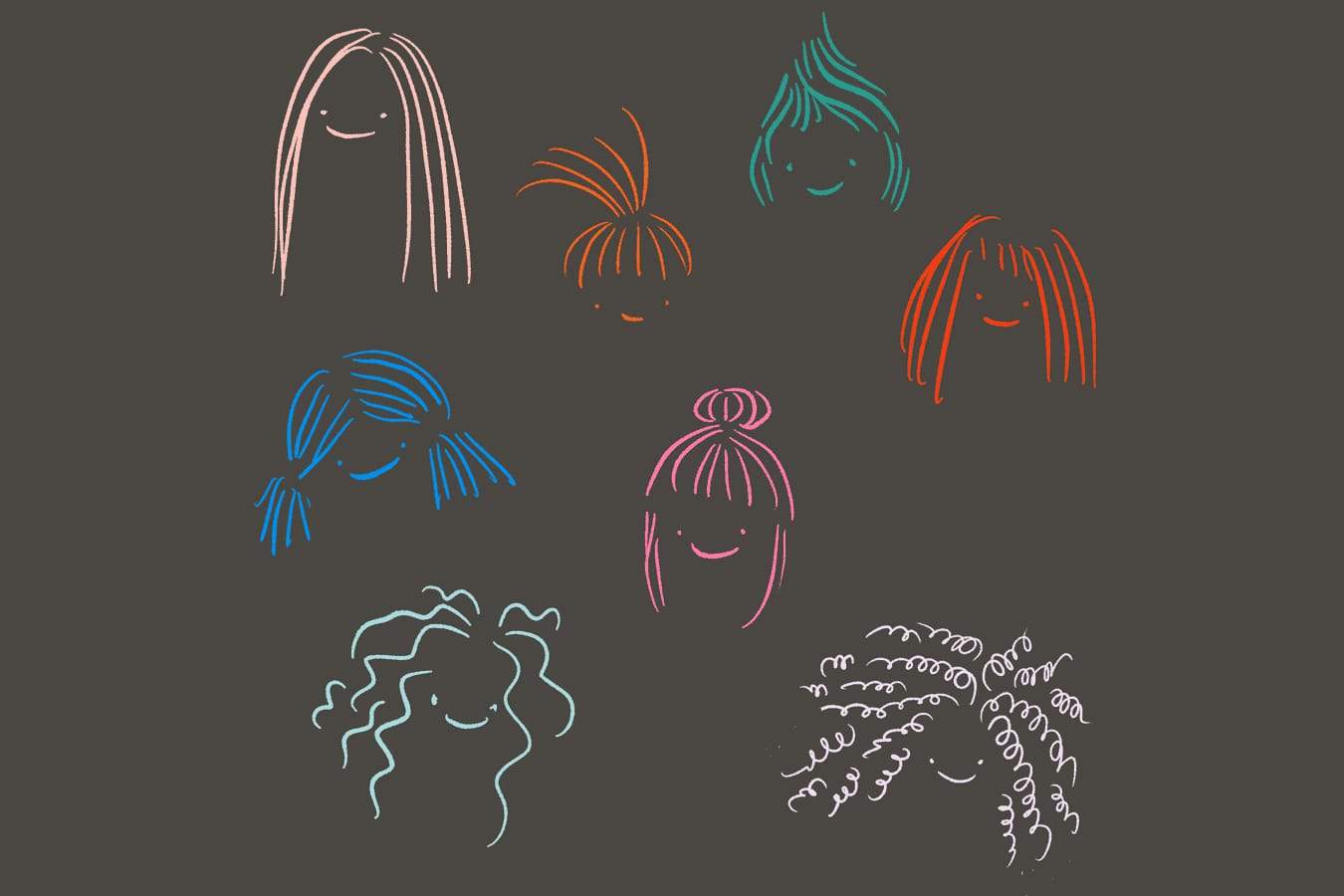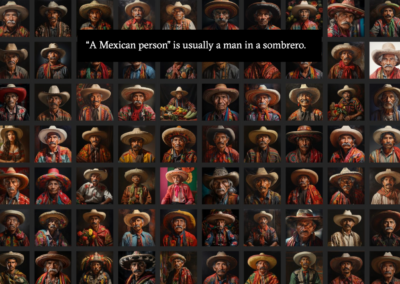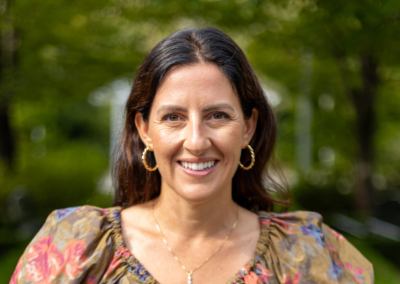If you’ve ever thought, “I’m at work more than I’m at home,” then you’re not alone. Americans are working in what Stanford economist Nicholas Bloom calls a “working from home economy.” As a result of the pandemic, 42% of the US workforce is now working from home. So what happens when your cubicle is now your kitchen table, or when the person sitting next to you in the “office” is not your coworker but your teenage daughter or your spouse?
Work can be daunting not just because of your actual workload or responsibilities, but because of nuisances like office politics, commuting, and microaggressions. However, for many, the reprieve from those stresses are midday coffee breaks with your work husband, Wednesday night happy hour with your sales team, or the daily walk during lunch with your friend in Finance. Work friendships are healthy and create a necessary balance to help one get through the workday.
Donna Dei-Baning, an Associate Director, Insights at Carat, values her work friendships. She says that for her, work friendships help her feel like she’s not alone – they remind her that work isn’t her whole life, even while it’s increasingly challenging to separate work from home. She does miss the organic connection that comes with working with people IRL, but credits the lead on her team for scheduling (optional) daily coffee chats for 30 minutes on the calendar. “The purpose is to try and replicate the experience of being in the office and sitting around and having small talk,” Dei-Baning explains.
I’ve personally found that my work friendships are incredibly important because not only do they help you get through the day but they can help elevate you in several areas of your life. I have joined yoga groups, attended dance classes, and even co-hosted my podcast Truthis, with my coworkers. Connecting outside of the workplace with them has proven to be just as important as the connections formed inside the office.
Damien Peters, a self-employed, product, and digital marketing consultant has been working from home for the past couple of years, though he admits he misses being back in the office and not just for the amenities. “Working in an office creates a separation from home and work,” he says. Although he has been working from home pre-pandemic, he acknowledges it has made it more challenging to connect with his team because they can longer rely on after-work events that were focused on networking with your peers.
So, how are employees, freelancers and artists staying connected outside of their work?
Online communities are flourishing as people seek out new ways to remain seen, heard, and supported. Although digital clubs and networks are accustomed to functioning virtually, they are also finding new ways to stay connected to their members and communities.
- Ethel’s Club is an online social club serving as a platform that allows BIPOC to thrive. For just $20 per month, members can join weekly live classes, workshops, and wellness sessions around design, writing, books, music, beauty or can create their own sub-club. The membership fees support freelancers, artists, and creators of color. Their goal is to break up your new work from home routine with a digital community experience that nourishes the mind, body, and soul.
- The Creative Collective NYC is the ultimate networking organization for people of color. They describe themselves as, “a community and creative agency immersed in culture.” The CCNYC launched CultureCon, a conference designed to inspire and educate creatives. Last year, headliners like Regina King, Tracee Ellis Ross, and Will Smith contributed to the event’s success. In the Forbes coverage, “No Events, No problem: How The Creatives Behind The Annual CultureCon Conference Are Leveling Up With New Digital Offerings,” Imani Ellis, founder of CCNYC shares how the team resorted to virtual formats amidst the pandemic. After reaching out to their members and asking what they wanted to see more of, they learned people wanted access to more educational opportunities. “We talked through course ideas and prioritized topics we’d actually want to learn more about, then started identifying talent and building out curriculums,” Ellis explained. They then introduced the “Creative Curriculum,” a website with the space for community empowerment and invaluable resource sharing.
- Hike Clerb is taking community-building to the trails of California. Evelynn Escobar-Thomas, founder of the hiking club for women of color, realized there was very little representation of women of color in the outdoors when she started Hike Clerb. In addition to physical exercise, this club provides tools and resources participants need to enjoy and heal in nature. Although their hiking efforts may be put on pause in lieu of social distancing, they are providing educational content on the land we hike on, the politics behind it, how to combat racism, and how to reclaim the outdoors for BIPOC.
This evolving way of working simply means we need to consider new ways of maintaining and growing our work-friendships. As culture and identity are the two key ingredients needed to foster a community, they are supported by engagement, a safe space and communication. A Work Design Magazine post, “Creating Communities Of Work Post COVID-19” describes this very notion: “Like great cities and neighborhoods, they can express a shared sense of history and meaning to inspire people to embrace the mission and energy of an organization and through that experience, set the stage for future success.”
Whether you’re starting a weekly girls night via Zoom, taking a creative course and networking, or joining a socially-distanced hike, there’s a community out there for you.
What are you looking for?
Asha’s Socials: LinkedIn, Twitter, Instagram
Editor’s Socials – Dominque Dajer: LinkedIn, Twitter, Instagram



